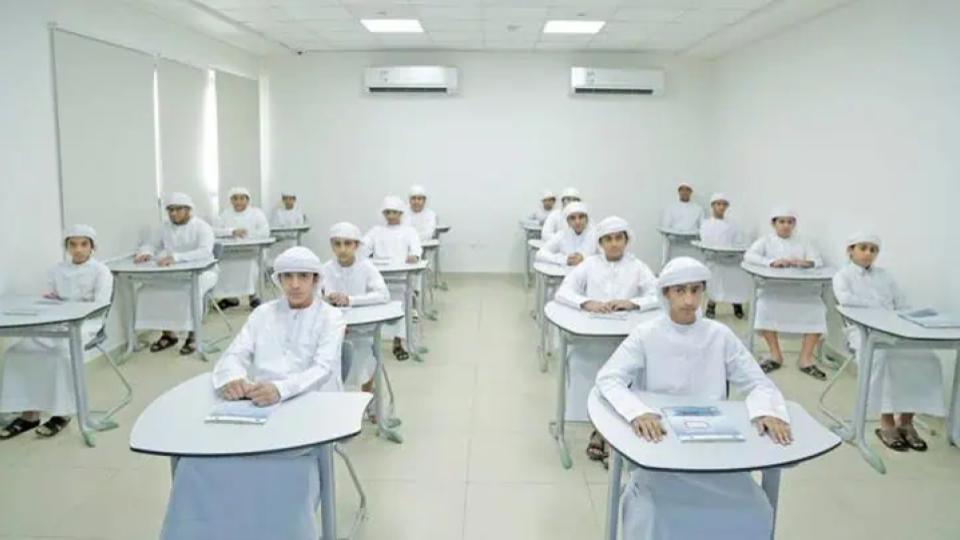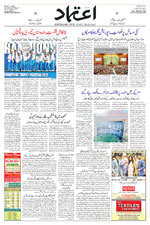Aung San Suu Kyi party wins historic poll majority: Official results
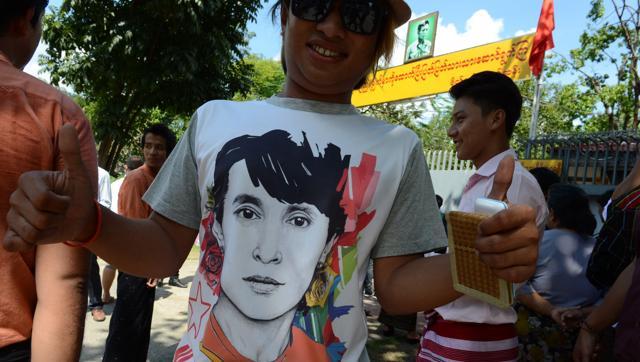
Aung San Suu Kyi’s opposition on Friday won a parliamentary majority from weekend polls that will allow it to elect a president and form a government in a historic shift in power from the army.
The election, the first Suu Kyi’s
National League for Democracy party has contested since 1990, saw a huge
turnout that has yielded more than 80 percent of seats for the NLD.
After a drip-feed of results from the
Union Election Commission, the NLD on Friday sailed through the two-thirds
majority it needs to rule, claiming 348 parliamentary seats with a number of
results yet to be declared.
Government now beckons for Suu Kyi’s
party in a seismic change of the political landscape in a country controlled
for five decades by the military. A comfortable majority gives Suu Kyi’s party
control of the lower and upper houses, allowing it to elect the president and
form the government.
A big majority gives Suu Kyi, 70, leverage in the political wrangling ahead with a military establishment that has been chastened at the polls but retains sweeping powers. Suu Kyi is barred from the presidency by a junta-scripted constitution, which also guarantees the army a 25 percent bloc of seats.
She has already vowed to govern from
“above the president” saying she will circumnavigate the charter ban by
appointing a proxy for the top office. The NLD “will be able to pass whatever
law they want, they won’t need to form coalitions, they won’t need to reach out
across the aisle,” independent Myanmar analyst Richard Horsey told AFP.
But during the transition the NLD will need to be mindful “to keep everyone on board,” he added. Call for ‘reconciliation talks’
style="font-size:
10.0pt;font-family:"Arial","sans-serif"">Bouyed by the sweep of the polls, Suu
Kyi called for “national reconciliation talks” with President Thein Sein and
army chief Min Aung Hlaing. Both men have congratulated the NLD on its election
performance and have vowed to abide by the result as well as help a peaceful
transition of power.
Thein Sein’s ruling Union Solidarity
and Development Party, which is made up of former military cadres, has been
mauled at the election.
Yet the president, a former general
who swapped his uniform for civilian clothes to lead the government in 2011,
has won praise for steering the reforms that culminated in Sunday’s peaceful
poll.
UN Secretary General Ban Ki-moon
congratulated Suu Kyi for her election win, but also hailed the “courage and
vision” of Thein Sein for “leadership in the reform process”. The international
community has welcomed the election, with US President Barack Obama calling
both Suu Kyi and the president to offer his congratulations.
Ahead of the election the US hinted it
could rollback more sanctions in reward for a successful and peaceful election.
Obama has staked immense political
capital in Myanmar’s transition from authoritarian rule to an emergent
democracy, backing the NLD’s polar force Suu Kyi and visiting the country twice
in the last four years.
Yet the country’s military is not
about to disappear. It retains major influence with its parliamentary bloc
which effectively assures a veto over constitutional change. It also has key
ministerial posts reserved under the charter.
Many NLD supporters remain deeply suspicious of the army and its political allies, who are notorious for dirty tricks and crackdowns that have left hundreds dead and thousands jail.
AIMIM News
Delhi Assembly polls: Owaisi leads Padyatra in Okhla
We reject this Waqf Amendment Bill: Asaduddin Owaisi
Latest Urdu News
Most Viewed
Which team will win the ICC Men's Champions Trophy 2025 held in Pakistan/Dubai?

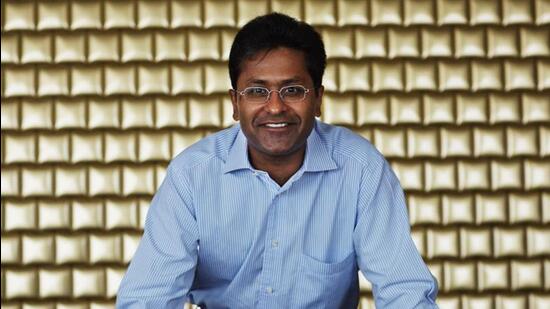
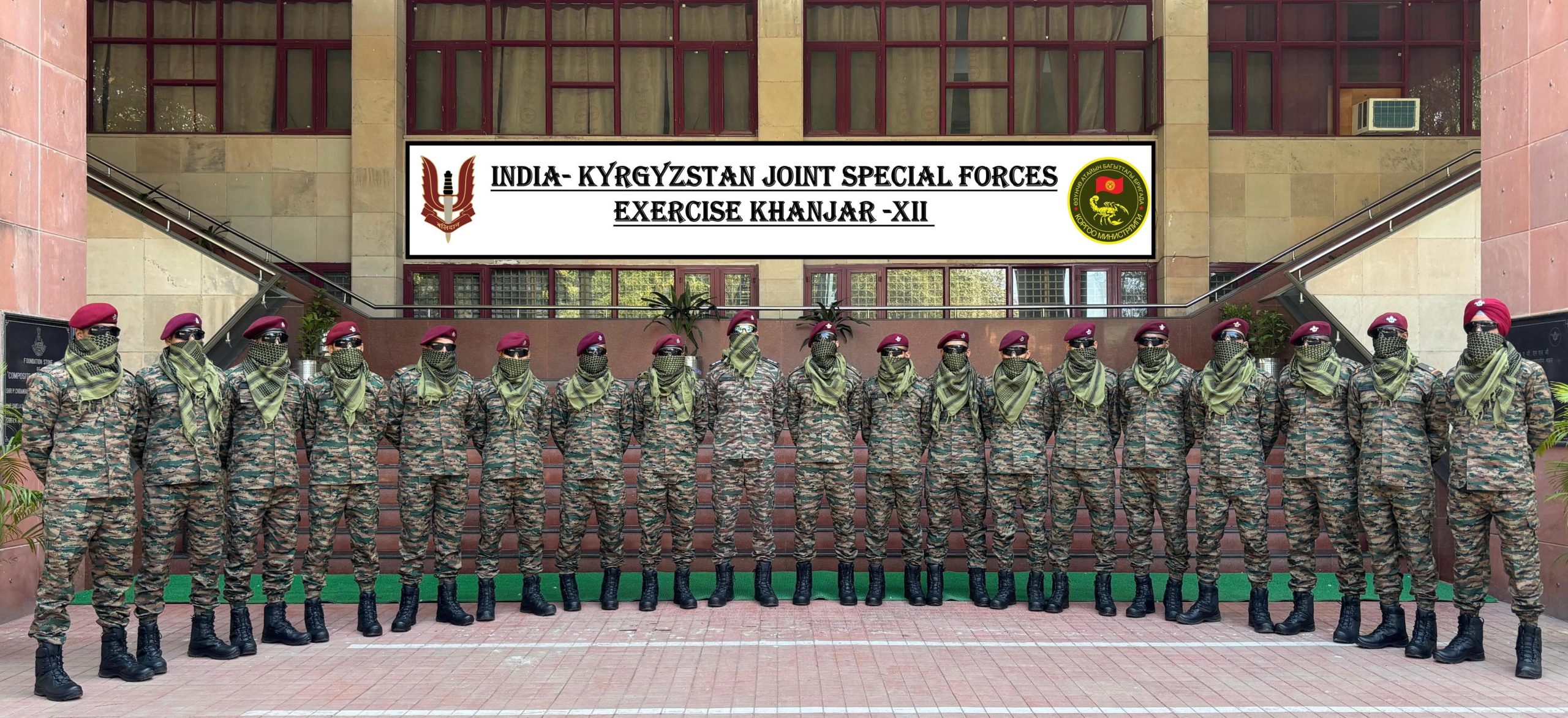
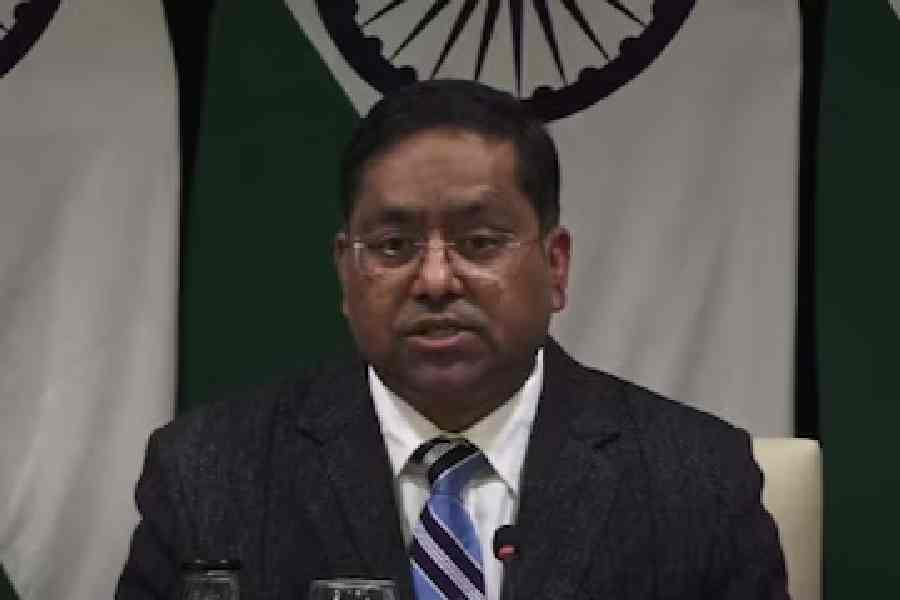
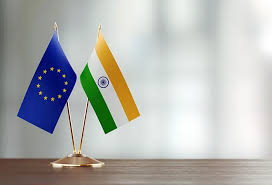
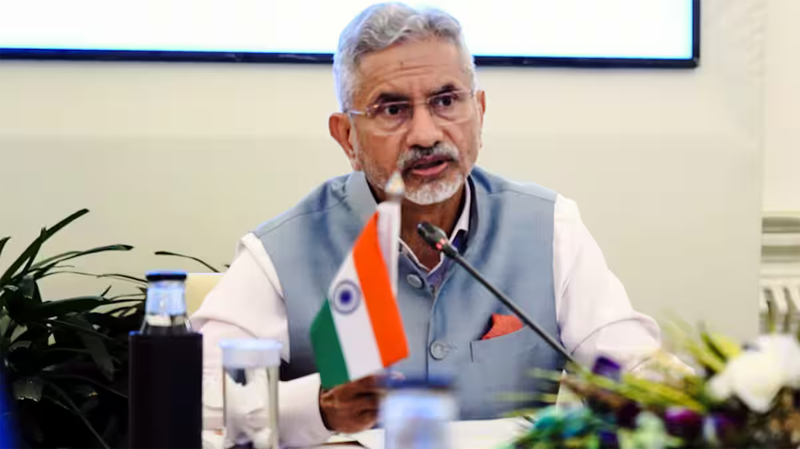
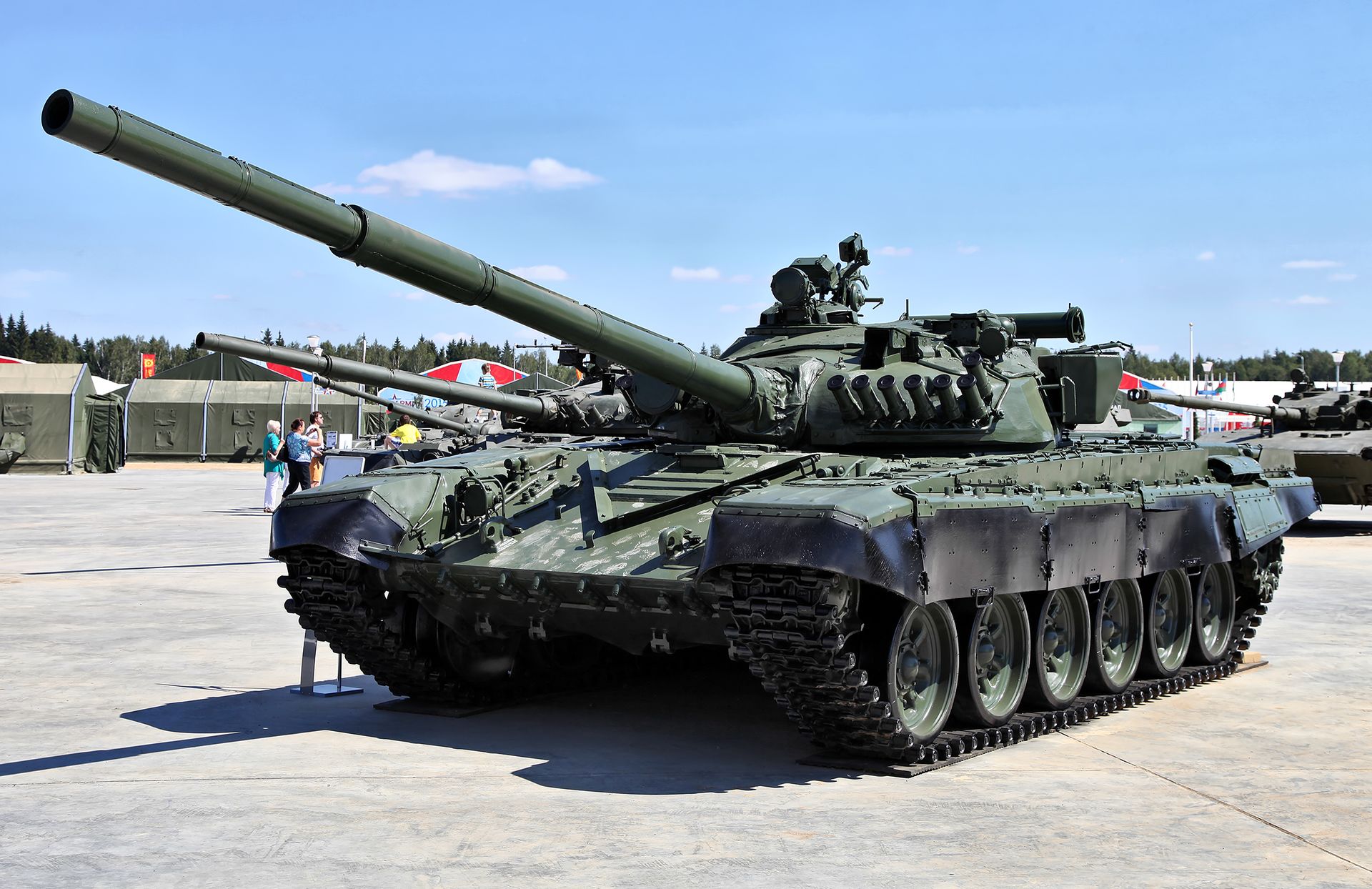
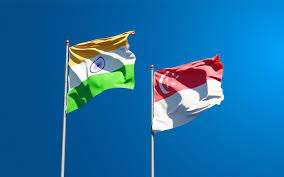
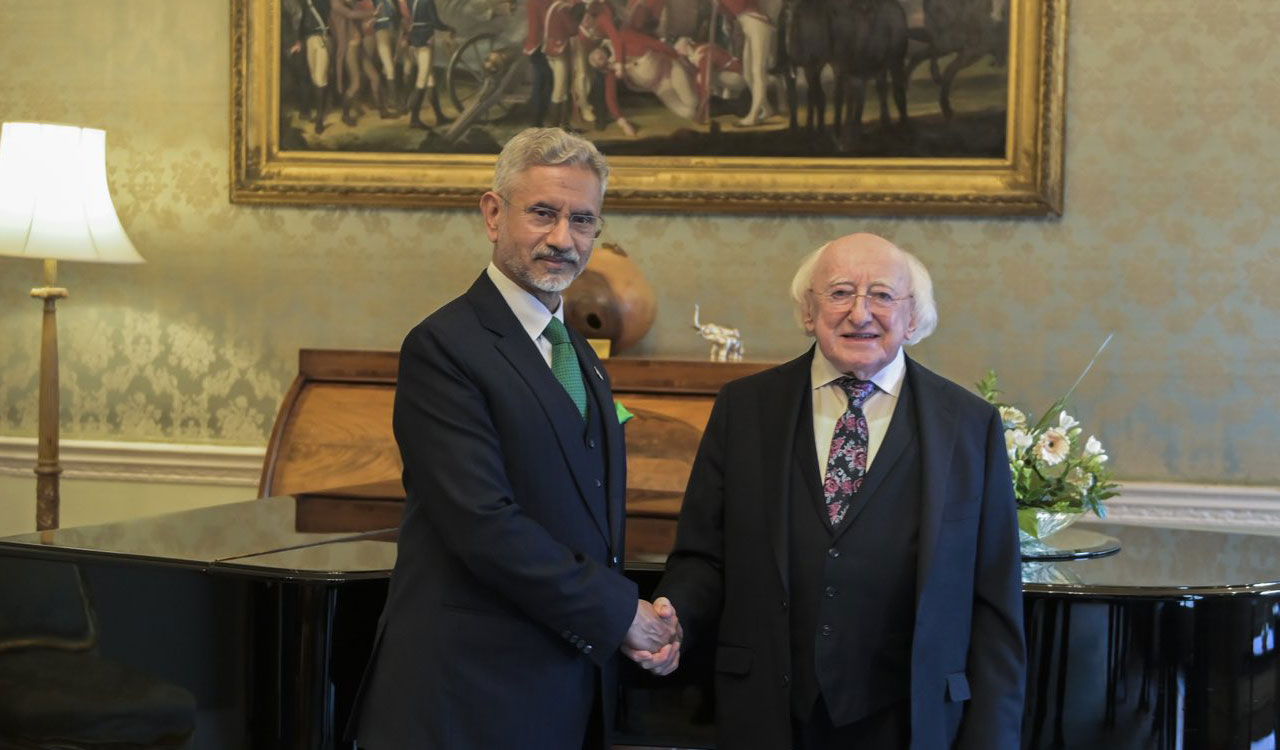
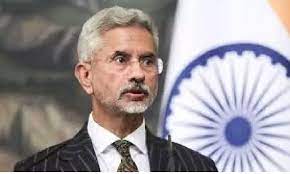
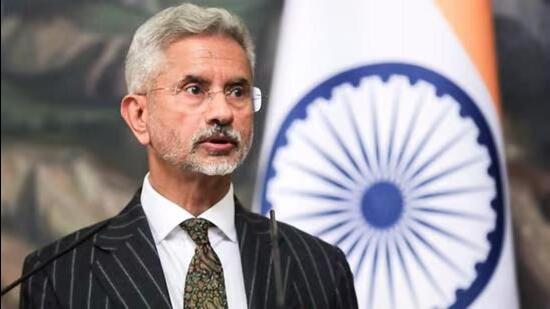
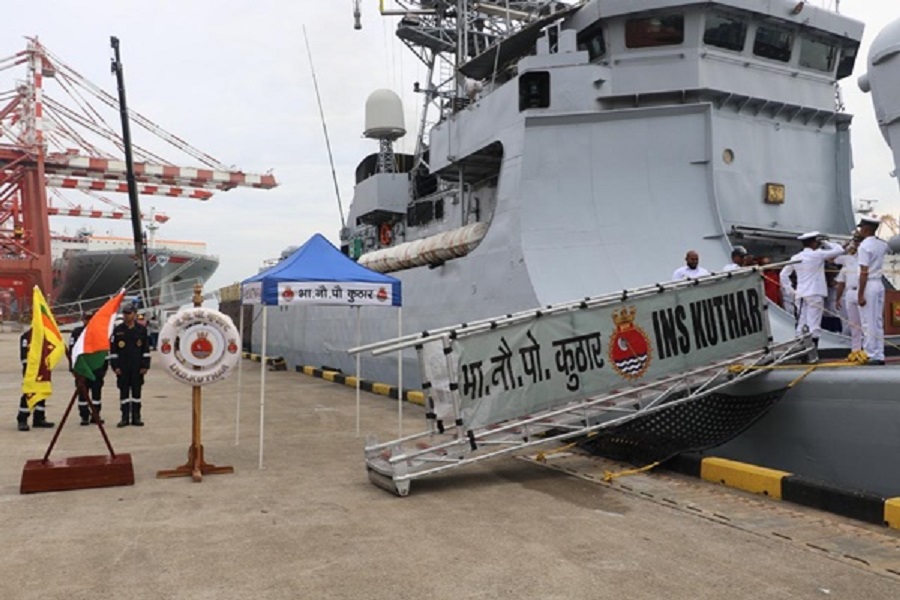
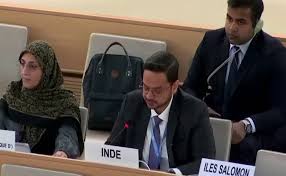
.jpg)
.png)
.jpg)
.jpg)
.jpg)
.jpg)
.jpg)
.jpg)
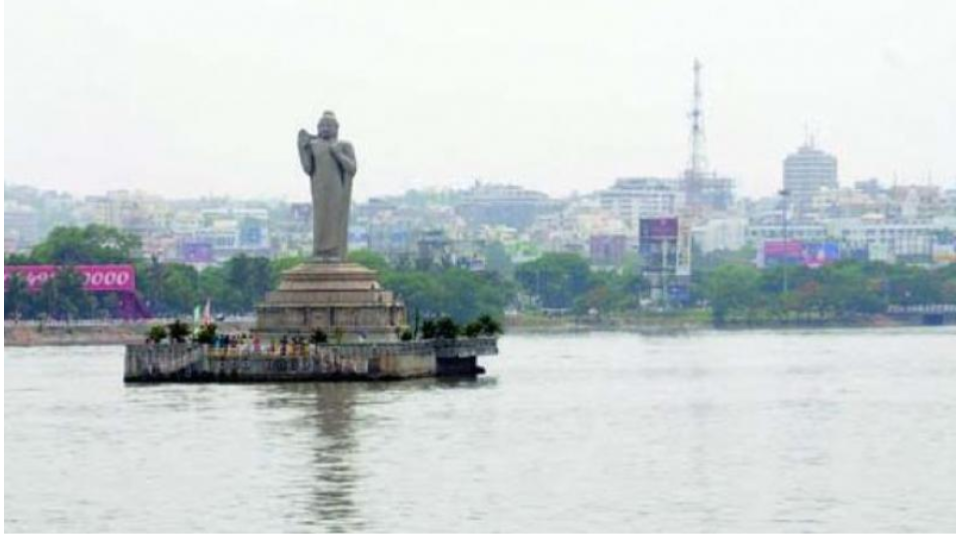
.jpg)
.jpg)
